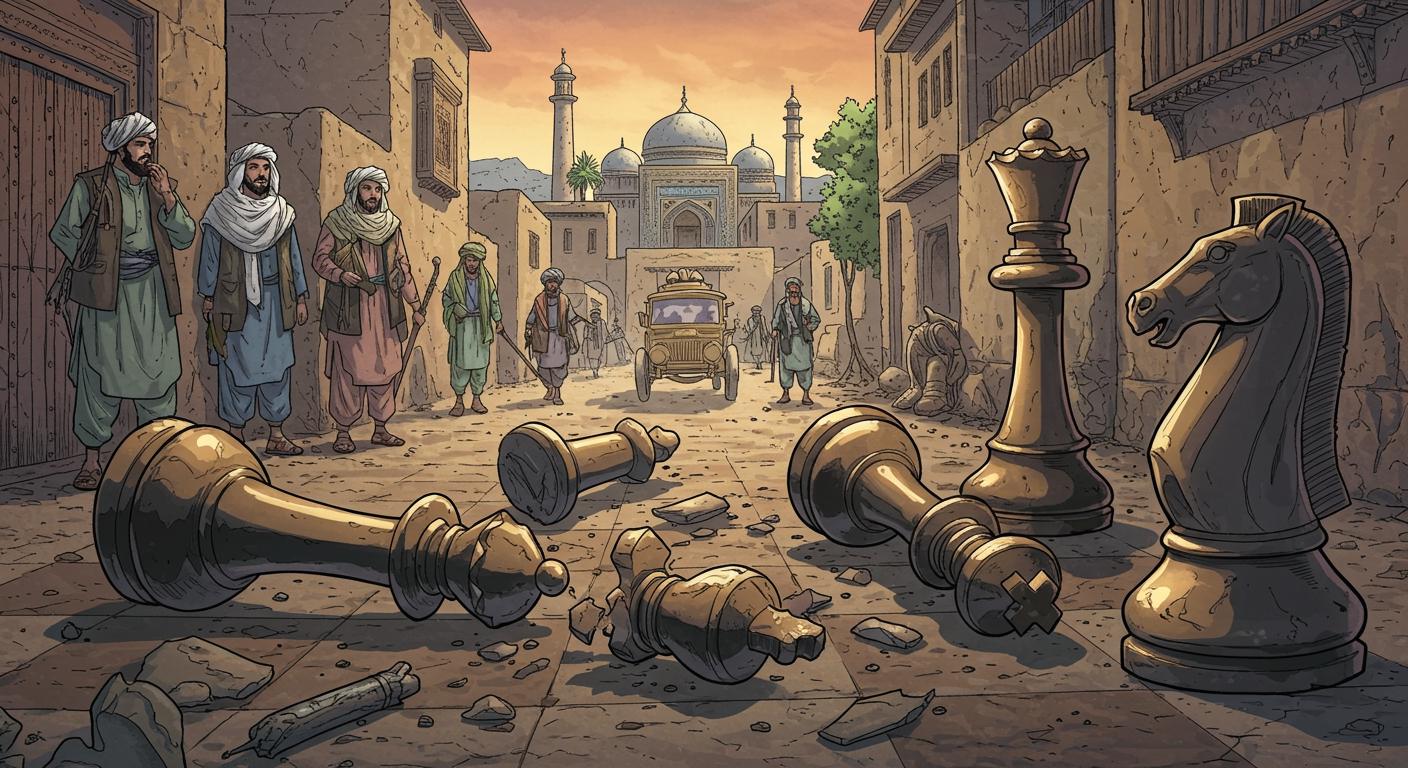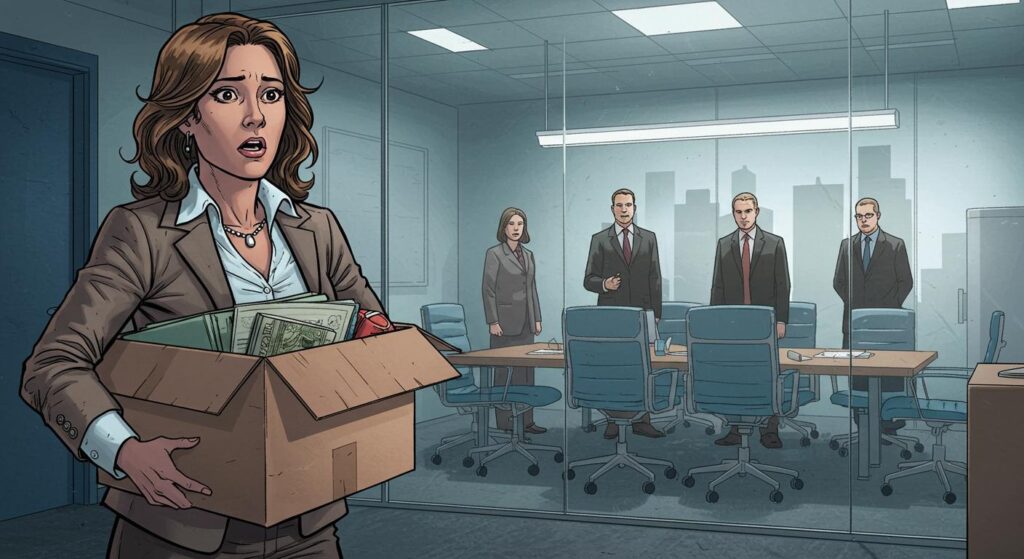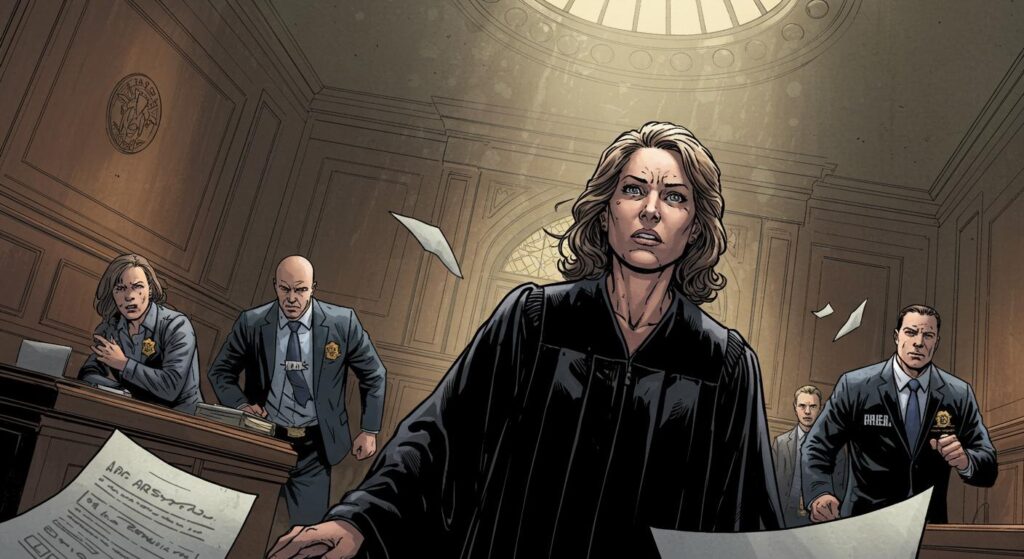Sometimes, reality has a sense of irony that fiction couldn’t hope to replicate. Consider, for instance, Afghanistan’s latest move against one of humanity’s oldest games: the official, indefinite ban on chess. In a storyline that seems plucked from the punchline of a historian’s inside joke, chess—the global symbol of strategic thought and elegant problem-solving—has been declared off-limits due to “religious considerations,” as Khaama Press reports.
Chess: Outmaneuvered by the Ministry
Chess is rooted in the tumultuous crossroads of Central and South Asia; its Persian heritage is right there in the etymology. Yet, as described in Khaama Press, officials from Afghanistan’s Ministry of Promotion of Virtue and Prevention of Vice have now prohibited chess, labeling the game “haram” (forbidden) according to their interpretation of Islamic law. The Ministry hasn’t stopped at just a ban—in a move lacking subtlety, they dissolved the Afghanistan Chess Federation itself. According to the same outlet, this prohibition has been enacted indefinitely, with all chess activities put on hold unless and until “suitable answers are found regarding religious concerns.”
Adding to the paper trail of vanished pastimes, Khaama Press notes that several chess players and enthusiasts had recently approached the Ministry of Sports, seeking both permission and funding to continue their activities. Those requests were denied; the officials confirmed that no chess-related activity would be permitted while religious objections remained unresolved.
Rooks and Pawns—But Mostly Obstacles
The banner of “religious considerations” isn’t new, but chess itself had enjoyed something of a revival in Afghanistan during the years leading up to the Taliban’s return in 2021. According to Amu TV, Afghans participated in international competitions, and local tournaments, though never ubiquitous, had become a modest staple in Afghan sporting life.
However, as Atal Mashwani, spokesperson for the Taliban’s General Directorate of Physical Education and Sports, told local media (as reported in Amu TV), both “Sharia-related reasons” and a stew of administrative dysfunction—specifically, ongoing issues in the leadership of the Afghan Chess Federation—were at play in the decision. The deputy chairman of the federation, Wais, highlighted that after the Taliban’s return, their repeated efforts to restore the federation’s operation fell flat. “Without institutional support or permission to operate, chess is disappearing from public life,” Wais said, as quoted in the outlet. Amu TV further points out that the federation has been inactive since 2021, and no official public documentation has surfaced regarding the ban. Instead, enforcement exists more as a practical measure: tournaments canceled, operations stalled, and chess gradually edged out of the public eye.
A Growing Trend: The Decline of Afghan Public Life
The restrictions on chess are but one piece in a broader strategy—one, as Khaama Press documents, that extends well beyond a single board game. Since August 2021, the Taliban have implemented cross-cutting bans on many forms of public life, particularly for women and girls. Amu TV notes that organized sports for women have disappeared, secondary and higher education for girls is forbidden, and barriers to women’s employment in public-sector roles continue to rise. Human rights organizations and international sports governing bodies, as cited by Amu TV, have denounced these policies as repressive and discriminatory. The Taliban, for their part, cite their interpretation of Islamic law as their justification.
Curiously, chess itself has not always been regarded as incompatible with Islamic tradition—even in Afghanistan. The game’s regional lineage and sporadic historical acceptance stand in stark contrast to its abrupt exile. Perhaps the true concern, more than chess as a pastime, is what the game represents: critical thinking, strategy, and that quietly subversive habit of considering multiple futures at once.
Endgame by Edict
So, what’s left for Afghan chess enthusiasts? As previously reported by both outlets, institutional optimism is in short supply, and repeated appeals by players for leniency or support have gone nowhere. While international outrage may offer pressure at the margins, it has done little to blunt the growing trend of cultural and recreational closures across the country. The old maxim that games reflect the societies that play them seems especially apt—where once chess pieces crept across Kabul’s café tables, now the absence of the game itself feels like another calculated move on a much larger board.
Is it possible to ban a pastime whose real staying power lies in the minds of its players, not just the arrangement of pawns and rooks? History, for what it’s worth, suggests that even the quietest games sometimes outlast their most forceful opponents.







